Lead With Respect: Cultural Sensitivity Training for Tour Guides
Selected theme: Cultural Sensitivity Training for Tour Guides. Welcome to a space where curiosity meets care. Here we turn real-world practices, stories, and practical tools into confident, respectful guiding—so every tour feels safe, memorable, and meaningful for guests and communities alike.
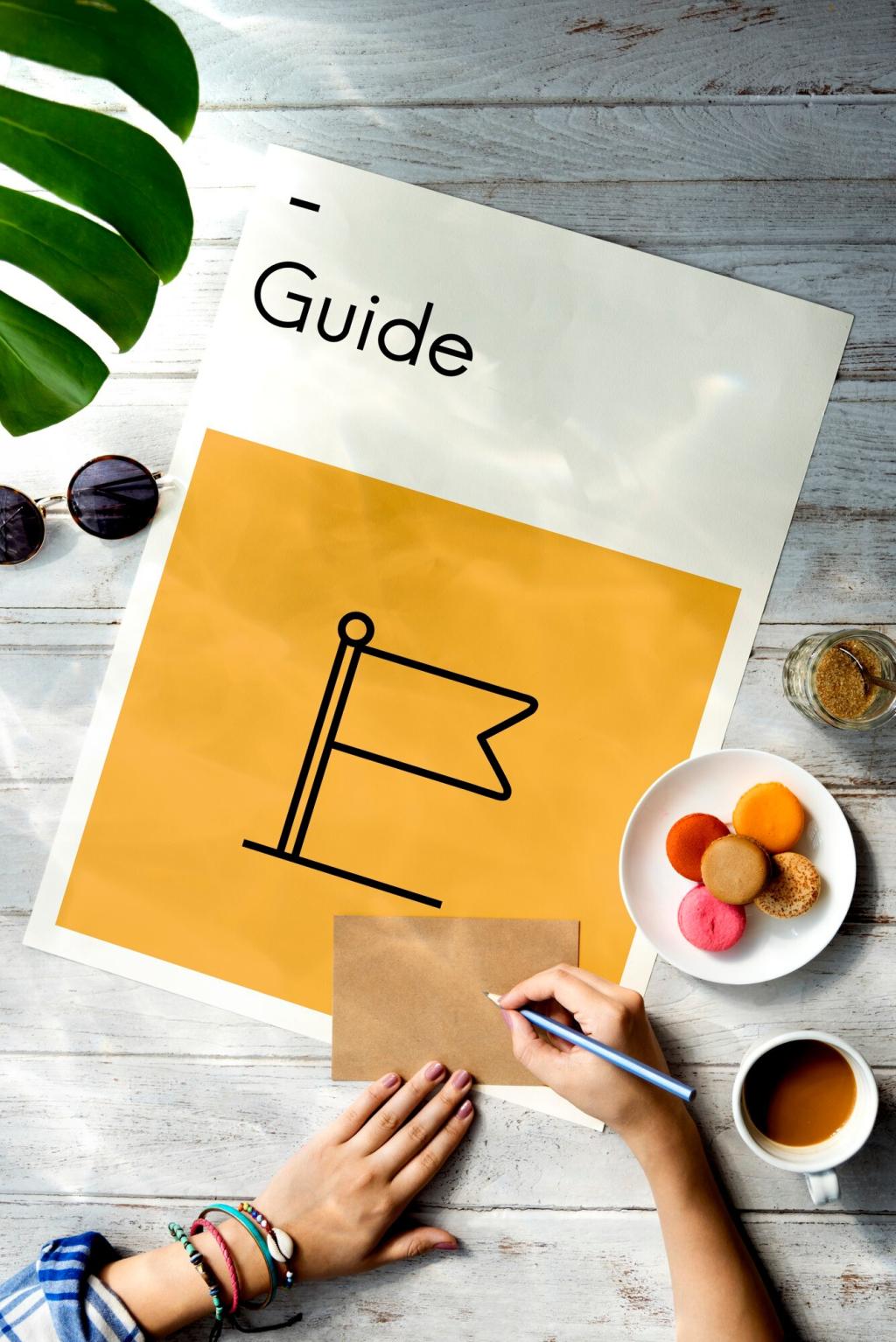
Why Cultural Sensitivity Matters on Every Tour
A culturally aware guide protects guests from social missteps that can escalate into conflict. In Marrakech, one respectful conversation saved our group from photographing a vendor’s child—illegal and sensitive. Share your own lessons learned to help others avoid the same pitfalls.
Guests remember how you made them feel. Explaining temple etiquette in Bangkok made our travelers feel informed, included, and comfortable—resulting in glowing feedback and repeat bookings. Tell us what briefings your guests find most valuable and why they stick.
Communities notice consistency. A guide who credits local storytellers, tips fairly, and follows photo rules earns invitations others never receive. Have you seen how respectful habits improved access? Comment with an example we can all learn from today.
Tone, Volume, and Silence
What sounds energetic in New York might feel invasive in Kyoto. One guide learned to embrace pauses, letting silence show respect at a temple gate. Try practicing quiet explanations outdoors, and invite guests to share reflections rather than filling every moment.
Gestures and Personal Space
A thumbs-up means approval in some countries and offense in others. In Athens, we swapped broad gestures for open-handed cues and stepped back an extra half meter. What gestures do you consciously avoid on tour, and what safe alternatives work well?
Dress Codes and Access Protocols
Before entering a mosque in Istanbul, we demonstrated modest dress and shoe removal, offering spare scarves and socks. Guests appreciated our readiness. What’s in your respectful entry kit, and how do you explain the why—not just the rules?
Photography Etiquette Without Exploitation
In Lima, we asked permission before photographing a street procession and kept a respectful distance when a family mourned. If a space feels private, step back first, explain second. Share your best script for negotiating photos kindly and clearly.
When to Step Back and Let Culture Speak
During a Shabbat dinner in Tel Aviv, we paused guiding to let the host’s story lead. Your restraint can elevate authenticity. How do you decide when to narrate and when to invite a local voice? Subscribe for more decision-making frameworks.
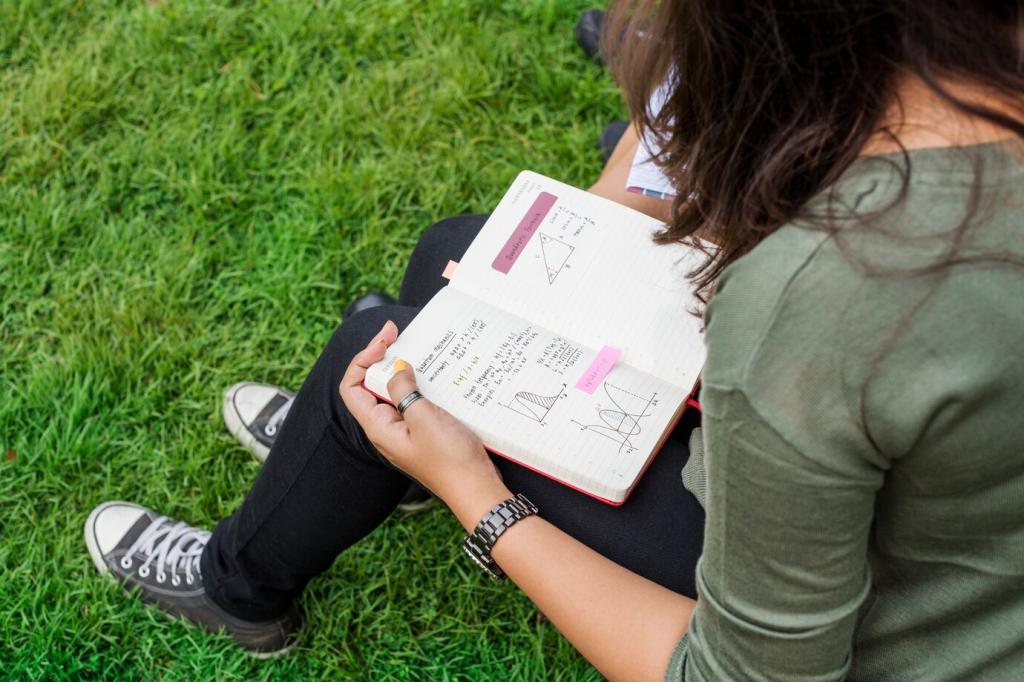
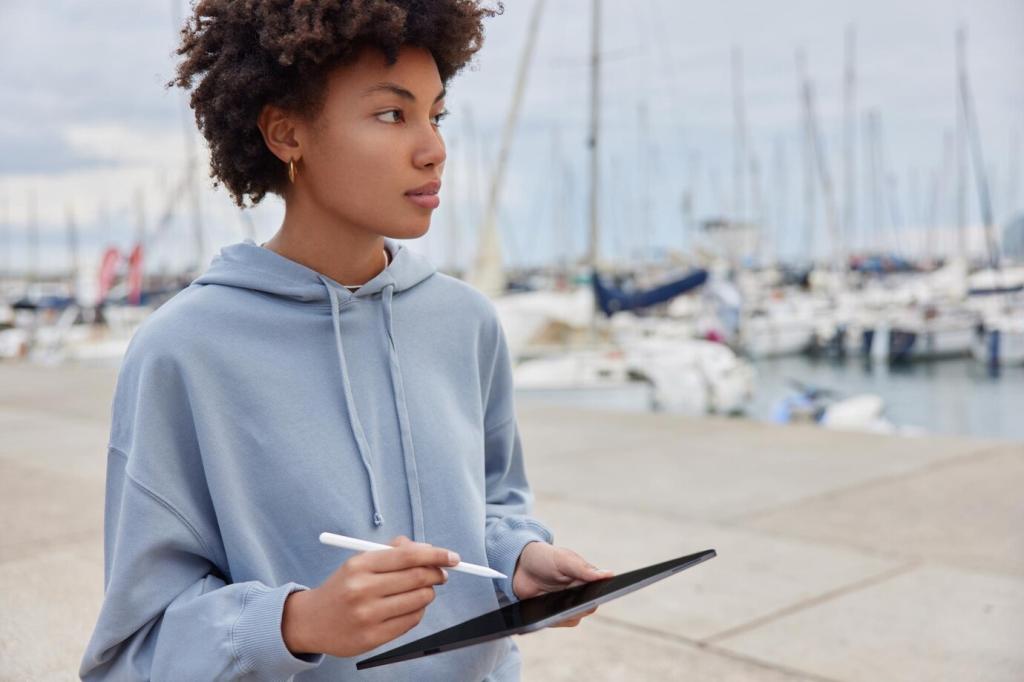
Food, Faith, and Daily Rhythms
We coordinate labeled buffets for halal, kosher, vegetarian, and allergy needs, confirming cross-contamination protocols with kitchens. One chef’s tour of his workspace built huge trust. What pre-tour questions help you avoid mealtime stress for your group?
Food, Faith, and Daily Rhythms
During Ramadan in Amman, we shifted lunch to sunset and added cultural context to enrich the experience. The group loved joining an iftar, invited by a local family. Tell us how you adjust pacing during sacred seasons without exhausting your guests.
Handling Mistakes with Grace
After mispronouncing a community elder’s name, our guide apologized privately first, then publicly acknowledged the mistake and corrected future briefings. Results: respect preserved, relationship strengthened. What apology phrases feel sincere and specific in your context?
Handling Mistakes with Grace
We use calm tone, neutral posture, and short sentences, then engage a bilingual liaison if tensions rise. In one market dispute, a simple restatement of intentions defused everything. Share your go-to de-escalation steps others can adapt on the road.
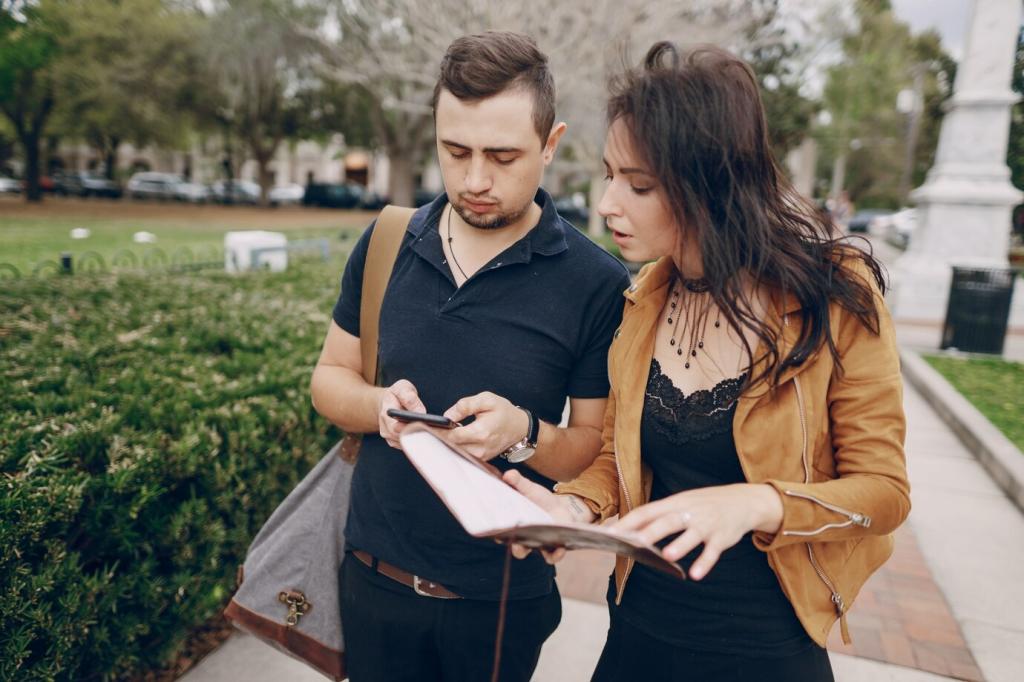
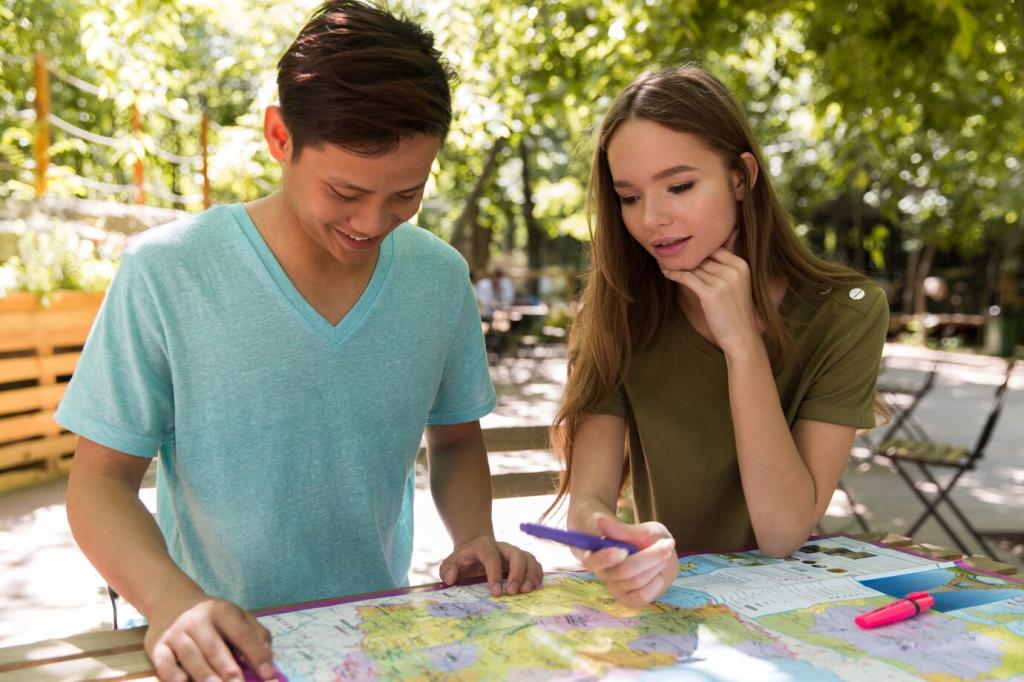
Authentic Storytelling Without Stereotypes
Before repeating legends, we verify origins and credit sources. A quick cross-check with a local historian helped us correct a widely repeated myth about a coastal shrine. What’s your method for verifying colorful stories without killing the magic?
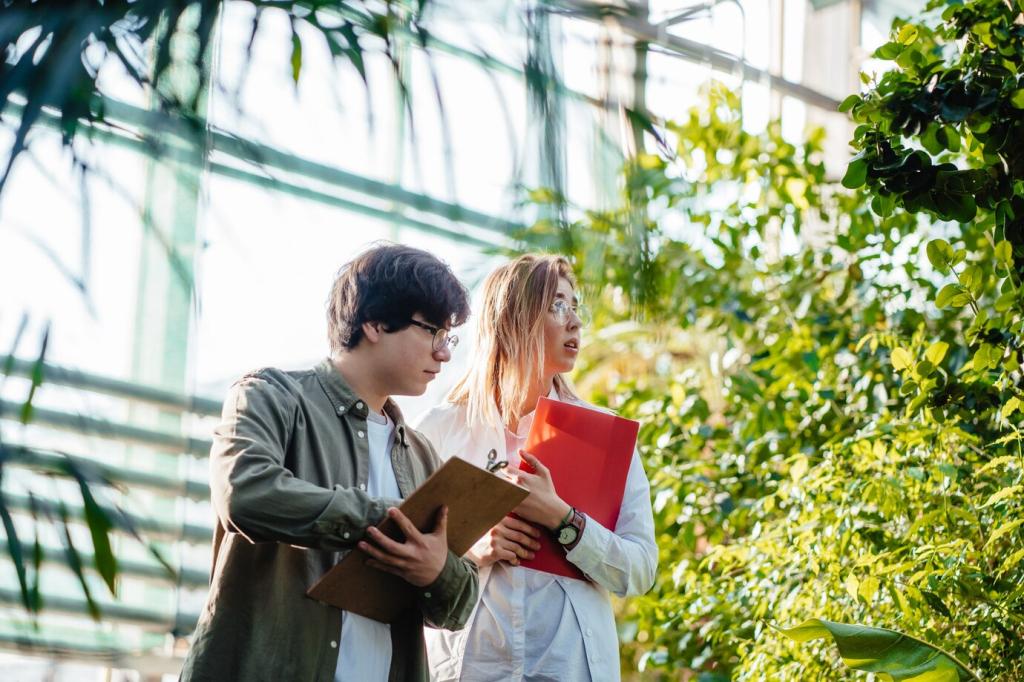
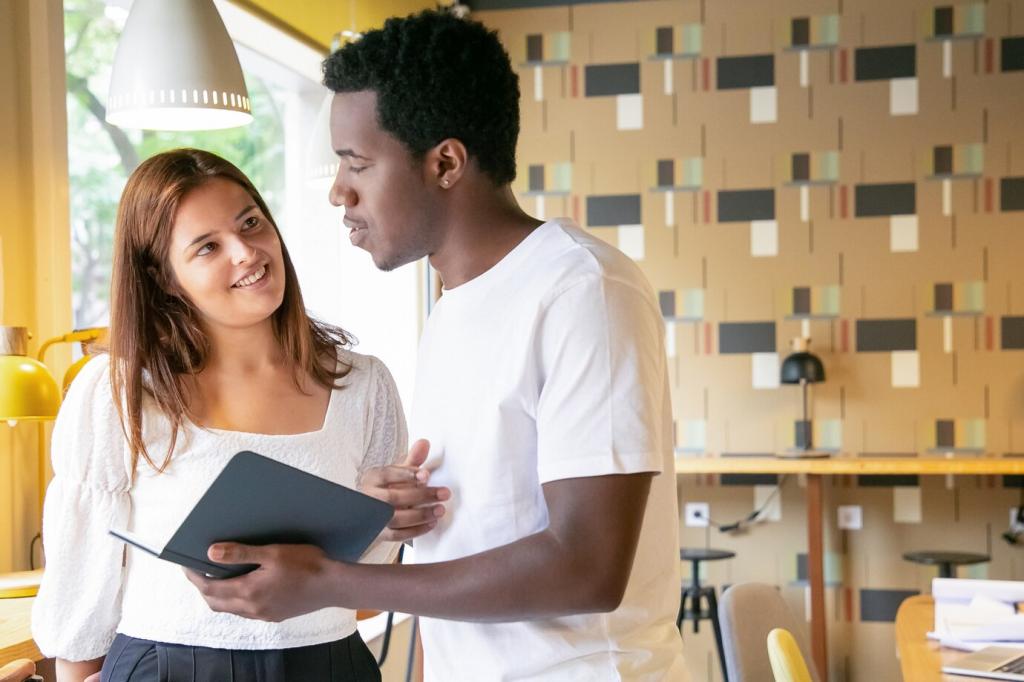
Authentic Storytelling Without Stereotypes
Invite artisans, elders, or youth leaders to speak for themselves and pay for their time. In Fez, a leatherworker shared dye traditions firsthand, transforming the group’s understanding. Share a partnership that deepened your tour’s integrity and impact.
Accessibility and Inclusion Across Cultures
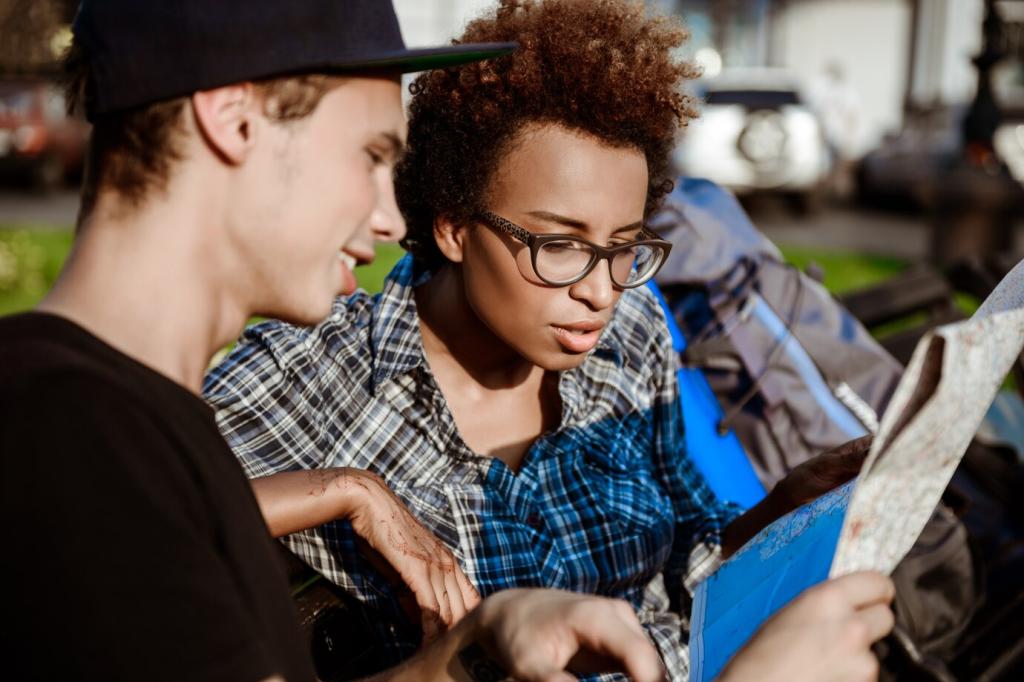
We pre-walk routes, confirm ramp access, and brief partners on respectful assistance. One guest said our quiet seating plan changed their entire experience. What small adaptation dramatically improved accessibility on your tour? Let’s build a practical library together.
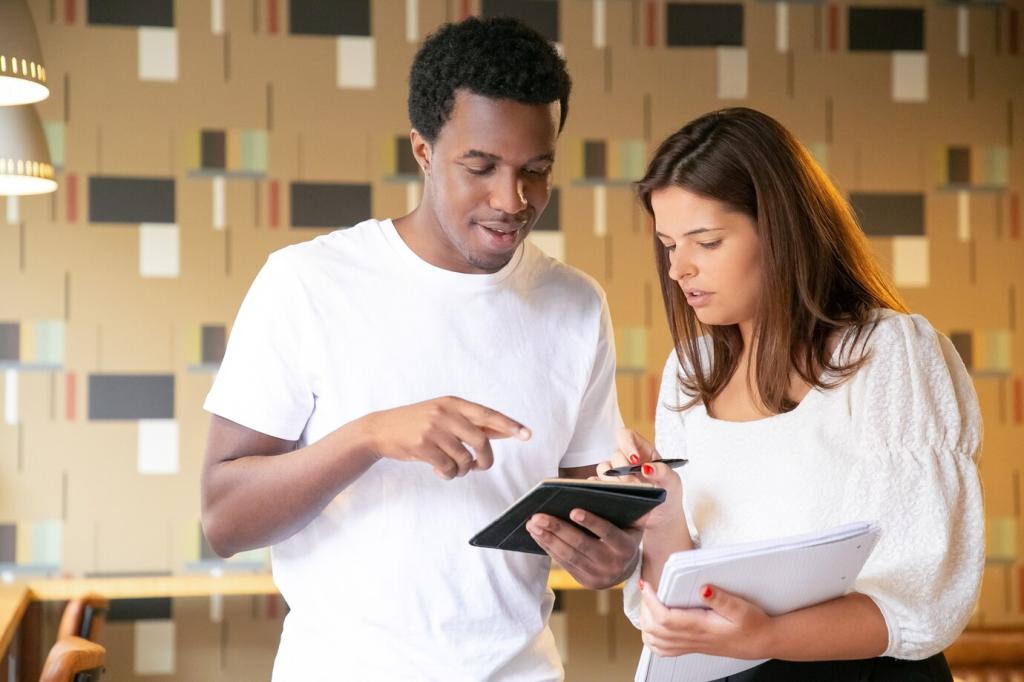
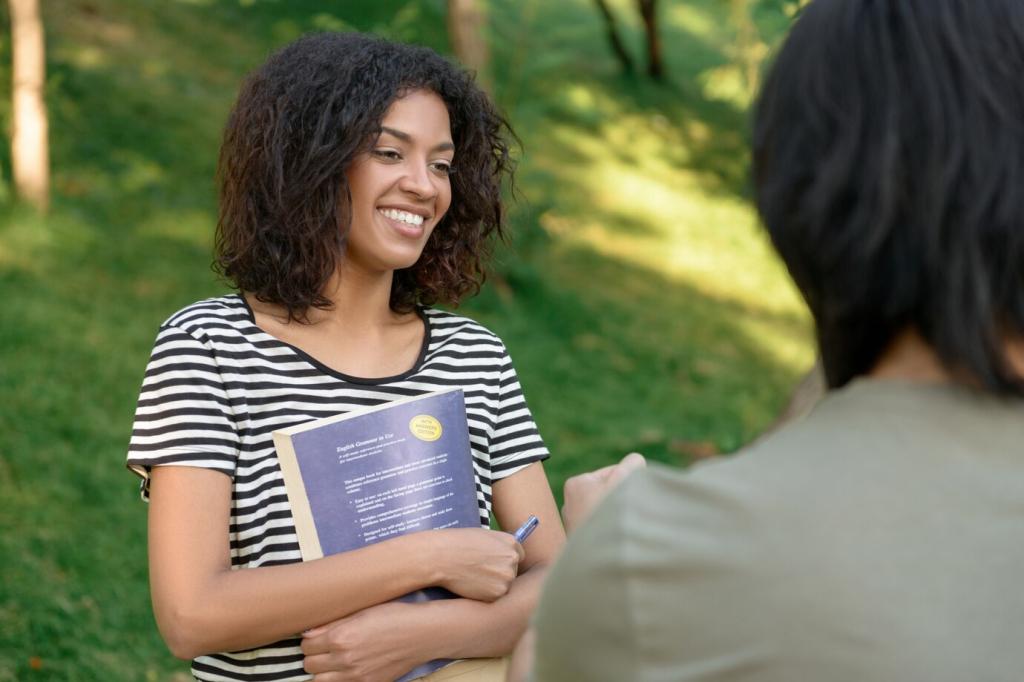
Toolkit and Ongoing Learning
We use a three-minute cultural briefing covering dress, photos, gifts, and greetings, plus a pocket checklist for guides. Want the checklist? Comment “briefing” and we will send a downloadable version in our newsletter next week.
Toolkit and Ongoing Learning
Quarterly, we gather local voices—artists, faith leaders, vendors—to review scripts and routes. Their feedback sharpens accuracy and consent. Would you join a virtual panel exchange? Subscribe to receive invitations and share your region’s best practices.
